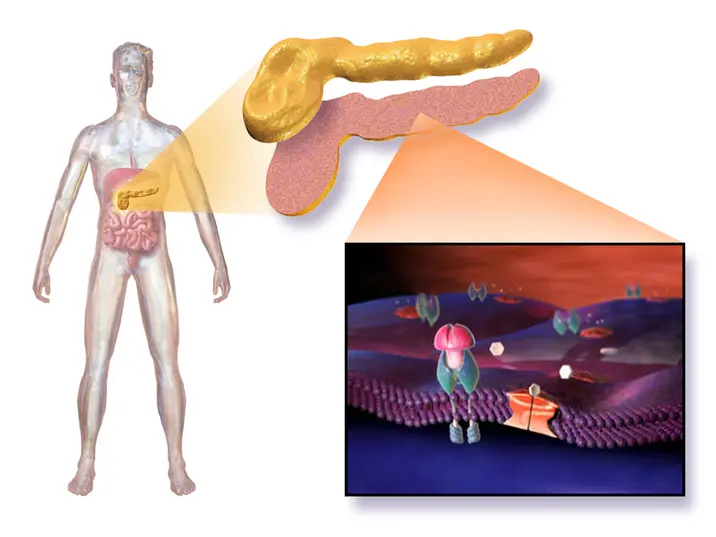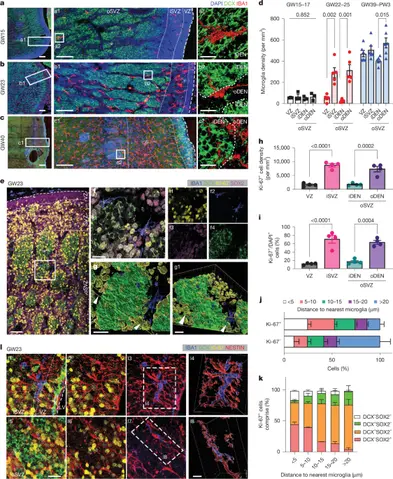T4K3.news
First gene-edited islet transplant succeeds
Uppsala University study shows positive results in type 1 diabetes patient without immunosuppressants.

A groundbreaking trial reveals the potential of gene-edited islet cells in diabetes care.
Gene-edited islet transplant shows promise in diabetes treatment
A recent study led by Uppsala University Hospital has shown that gene-edited islet cells can successfully survive inside a human with type 1 diabetes. In a trial published in the New England Journal of Medicine, researchers confirmed that these edited islet cells functioned without the need for immunosuppressive drugs. The trial involved a single male participant with 37 years of diabetes, who received islet cells from a deceased donor. The cells underwent a gene-editing process that prevented immune rejection. Over the 12 weeks, the participant experienced notable improvements, including a rise in his C-peptide levels and a decrease in glycated hemoglobin, evidencing better blood sugar control. These findings indicate a significant step forward in the quest for more effective diabetes management without the complications of long-term immunosuppression.
Key Takeaways
"These findings present a significant opportunity for diabetes treatment without the burden of immune suppression."
This highlights the trial's potential to change how diabetes is managed long-term.
"The hope is to provide a curative solution with greater safety for patients."
This illustrates the researchers' commitment to finding safer options for diabetes care.
This study marks an exciting advance in diabetes research, offering hope for a more sustainable and functional treatment option. By utilizing hypoimmune engineered cells, researchers are not only demonstrating potential for improved patient outcomes but also paving the way for future innovations in transplantation without the burden of lifelong medications. This approach could transform how type 1 diabetes is managed and holds promise for enhancing the quality of life for many.
Highlights
- This trial opens doors to new diabetes treatments without immunosuppression.
- Gene-editing could redefine diabetes management for millions.
- Islet cell transplants may become a real option for type 1 diabetes patients.
- Living without daily insulin shots could be a future reality.
Sensitive trial raises ethical considerations
The use of gene editing in human trials presents ethical challenges and public concerns regarding long-term effects and accessibility.
The findings could change the future of diabetes treatment, making daily management simpler and safer.
Enjoyed this? Let your friends know!
Related News

Gene edited cells enable insulin production without immunosuppressants

Study reveals microglia regulate GABAergic neurogenesis

Abbott moves to remove Wu over quorum break

Gene Hackman and wife Betsy found dead in Santa Fe home

Dragon Age Origins remake funding uncertain

New findings reveal connections between humans and Neanderthals

FDA leadership back at work

Groundbreaking oat research promises robust crop production
